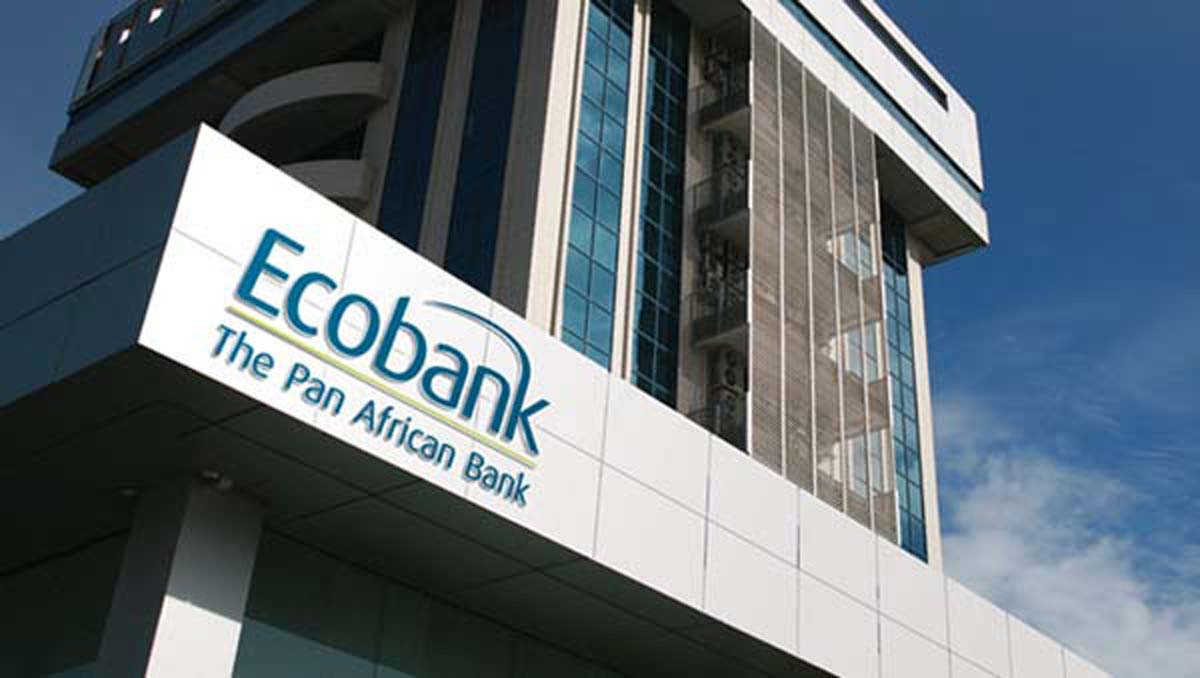Ecobank Transnational Incorporated’s (ETI) profit before tax rose to a 5-year-high of N230.55 billion ($540.029 million) in 2022, according to audited financial statements released on Wednesday.
Over the past 5 years, the bank has consistently grown its earnings accumulating $1.336 billion in profits. As ETI is profitable we used its price-to-earnings ratio for relative valuation analysis.
The banking group’s operating income also grew by 10.50 per cent N794.860 billion ($1.862) billion in 2022; the highest in five years. The last time the Group had a higher figure ($1.972 billion) was in 2016.
Though profit after tax from continuing operations moderated at a 7 per cent year-on-year growth to N156.552 billion on the back of higher tax expenses from other geographic reporting segments, it still affirms the bank’s consistent earnings over the years.
READ ALSO: NGX fines Ecobank, PZ, 2 others N11.7 million for default filings
“Ecobank’s strong 2022 performance reflects the strength of our diversified business model, growth momentum and efficiency, and was achieved despite operating in a challenging macroeconomic environment, which also included the difficulties that Ghana’s debt restructuring exercise placed on us,” said the company’s Group CEO Jeremy Awori.
Meanwhile, its Nigeria business contributed only 12 per cent ($239 million) to the group’s net revenue; the least among the four main regions.
A breakdown of the PBT shows that Nigeria’s business contributed only 5 per cent, while Francophone West Africa (UEMOA), Anglophone West Africa (AWA) and Central Eastern and Southern Africa (CESA) contributed 30 per cent, 36 per cent and 28 per cent respectively.
Ecobank Nigeria grew its non-interest income by only 4 per cent even with the support of the one-off gain of $21.5 million from the sale of Ecobank Nigeria’s old head office building and other non-core properties.
READ ALSO: Ecobank Nigeria announces appointment of new DMD
Cost-to-income ratio, though improved slightly to 79.8 percent from 81.2 per cent in the prior year, is still higher than the group’s cost-to-income ratio and a drag on the group’s earnings.
The region’s Net impairment charges on loans at $17 million compared to $11 million in the prior year is still high. Though Management believes that its efforts to improve the NPL ratio further in the fourth quarter were reasonable as the NPL ratio reduced to 6.95 per cent at year-end from 8.7 per cent in the third quarter of 2022 and 16.3 per cent in 2021, it is still high compared with other regions.
The Pan African lender is still one of the largest banking groups on the continent outside of South Africa with total assets up $29.004 billion or N13.373 trillion as of December 31, 2022, and subsidiaries spanning 33 Sub-Saharan Africa (SSA). That is not all.
Following the impressive performance, the bank proposed a final dividend of $0.11 per share to be paid on June 6, 2023, for shareholders whose names appear on the Register of Members as of May 25, 2023.

 Latest1 week ago
Latest1 week ago
 Health1 week ago
Health1 week ago
 Football1 week ago
Football1 week ago
 Latest7 days ago
Latest7 days ago
 Crime1 week ago
Crime1 week ago
 Latest1 week ago
Latest1 week ago
 Football5 days ago
Football5 days ago
 Crime1 week ago
Crime1 week ago

